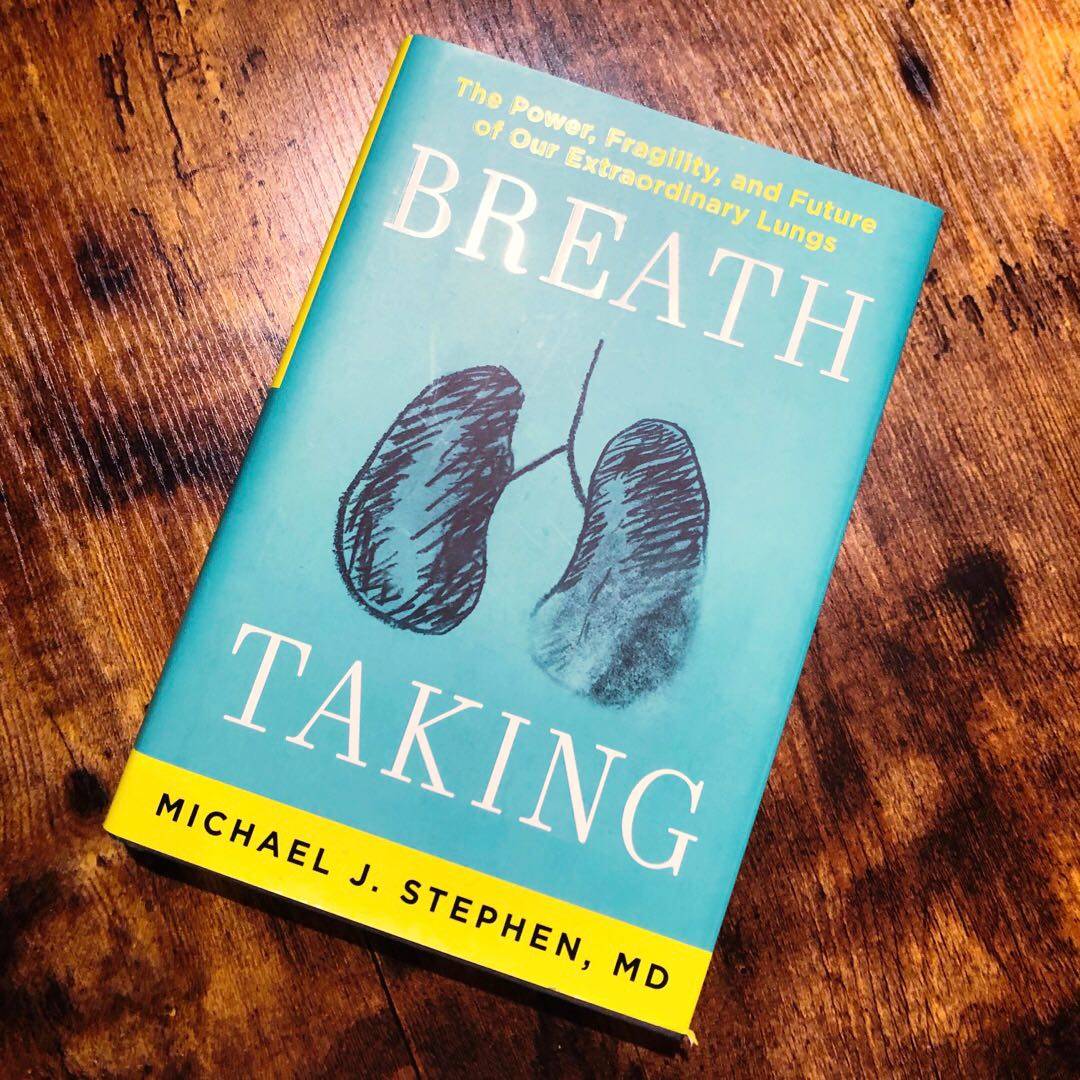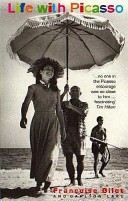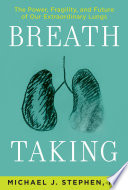
Loved this book! It‘s an easy read, and I recommend it for anyone who likes learning about science with a side of history. It‘s also a fun read for anyone in medicine … I‘m in my cardiopulmonary unit at the moment and this book provided great context for the pathophysiology and treatments I‘m current studying. 🫁 🧫 🧬
11 likes


















